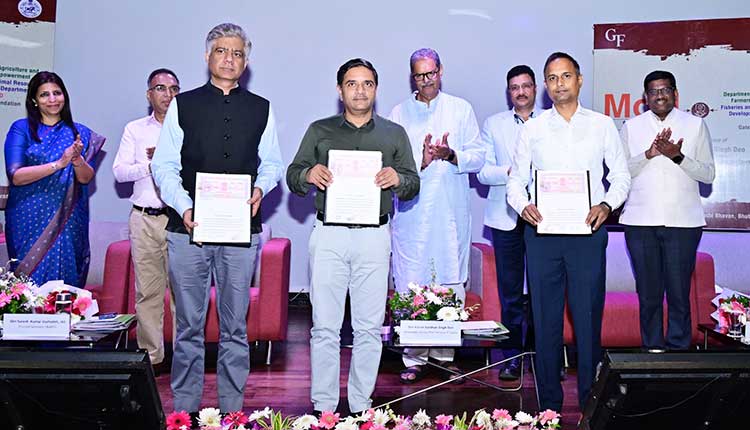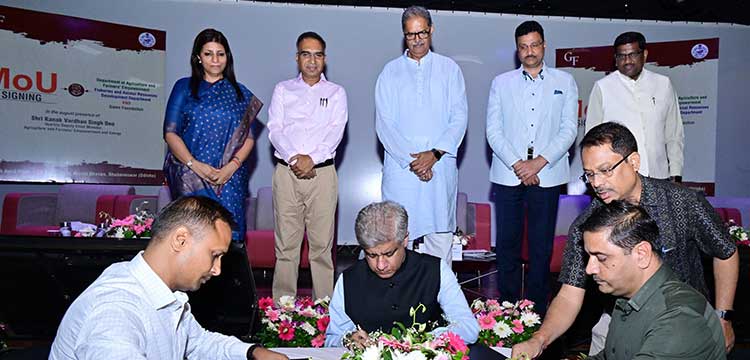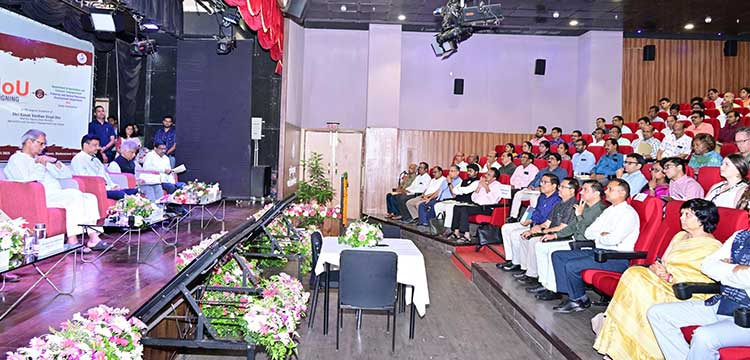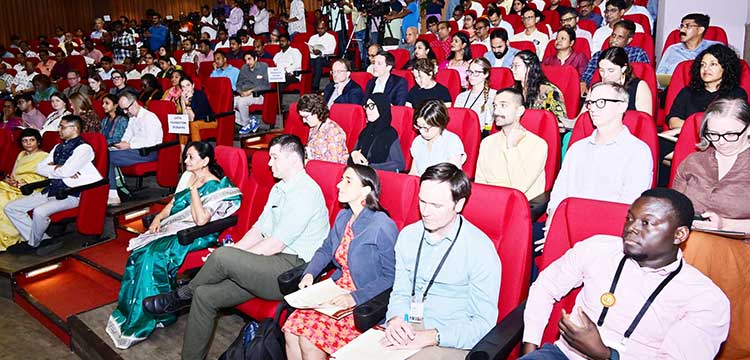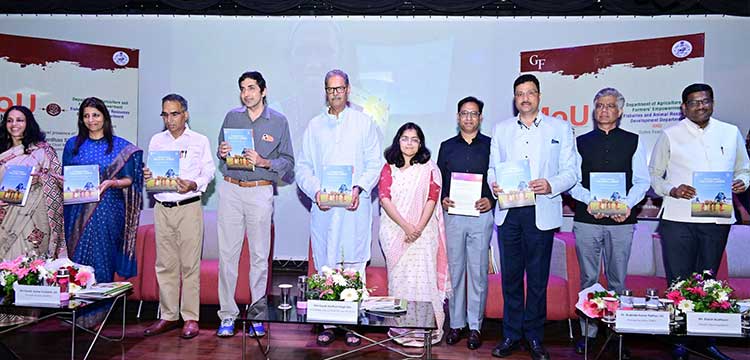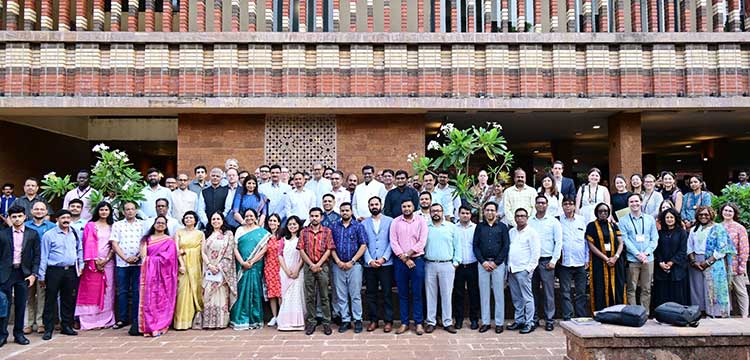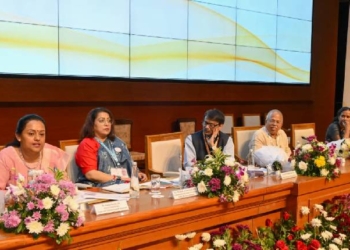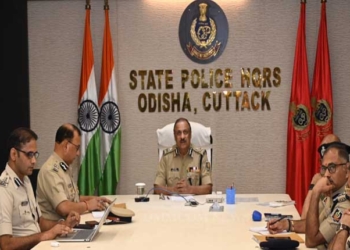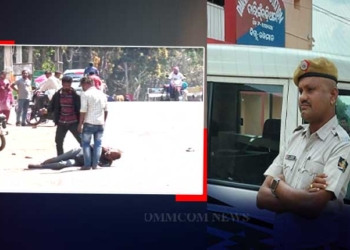Bhubaneswar: In a landmark development for promoting Inclusive Agriculture Transformation in Odisha, the Government of Odisha and the Gates Foundation today signed a Memorandum of Understanding (MoU) to collaborate on areas that will drive growth, such as AI-enabled use cases, precision agriculture, climate-smart innovations, and enhancing the productivity of dairy and fisheries.
The MoU sets the stage for a multi-year collaboration focused on technical support, research, and on-ground implementation of climate-smart agriculture practices in Odisha.
This strategic partnership, anchored by the Department of Agriculture and Farmers’ Empowerment (DAFE) and the Fisheries & Animal Resources Development Department (FARDD), will drive science-based, ground-level interventions to promote Climate Smart Agriculture.
Kanak Vardhan Singh Deo, Deputy Chief Minister of Odisha emphasised the signing of MoU with the Gates Foundation marks a significant leap toward future-ready agriculture in Odisha. It reaffirms our Government’s commitment to invest in knowledge, innovation, and partnerships that benefit farmers across the state.
Alkesh Wadhwani, Director, Poverty Alleviation, Gates Foundation said that we are happy to get into the collaboration with Odisha government especially, with the agriculture & allied sectors. The MoU reinforces our continued collaboration and shared commitment to a resilient and inclusive future for Odisha’s farmers. The newly launched alliance will serve as a catalyst that will bring together the best of innovation and farmer adoption at scale – placing Odisha at the forefront of sustainable agricultural growth.
Department of Agriculture and Farmers’ Empowerment (DAFE), Fisheries & Animal Resources Development Department (FARDD) and the Gates Foundation also launched the Climate Smart Agriculture Alliance Odisha. It will serve as a collaborative platform bringing together Government agencies, research institutions, start-ups, civil societies, NGOs, farmer institutions, and the private sectors to accelerate Climate Smart technology and strategy adoption and innovation.
The event marked the release of a Scoping Report Series on “Data-Driven Prioritisation of Districts for Climate-Smart Agriculture in Odisha” by the Center for Study of Science, Technology and Policy (CSTEP). The report series present a district-level assessment of climate risks, resource use patterns, and emissions from agriculture—providing a blueprint for developing District-Level Climate Action Plans and piloting CSA practices tailored to local conditions.
Besides, a report by International Food Policy Research Institute (IFPRI) titled “Transforming Fallow Lands—An Impact Evaluation of the Comprehensive Rice Fallow Management Program in Odisha (CRFM)” was released. The IFPRI report evaluates the impact of the Comprehensive Rice Fallow Management (CRFM) Program in Odisha, focusing on the conversion of fallow lands and its effects on acreage and yields of pulses and oilseeds. The study provides strong evidence of increased land utilization and productivity, demonstrating how integrated data systems can effectively guide inclusive, data-driven agricultural planning and policy.
Further, the Department released Odisha Agriculture Statistics 2023-24, which is the mirror of agricultural activities in the State. Statistical information are crucial input for policy planning.
Suresh Kumar Vashishth, Principal Secretary, Fisheries & Animal Resources Development Department stressed that the MoU will strengthen the fisheries and animal resources sectors through the inclusion of scientific and data-driven tools to refine the policies.
Dr. Arabinda Kumar Padhee, Principal Secretary, Department of Agriculture and Farmers’ Empowerment reiterated that this is a unique convergence of science, policy, and partnership and this MoU will build a long partnership leveraging the international best practices to be replicated in our ecosystem with the help of a digitised platform.
The partnership between DAFE, FARDD and the Gates Foundation will strengthen the digital ecosystem, expand digital services for farmers, improve export and market linkages, promote crop diversification, support agri-tech use, and advance livestock development, with attention to gender and building resilience.




